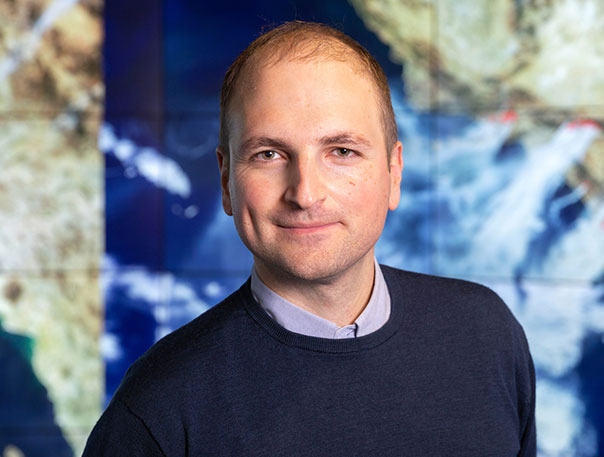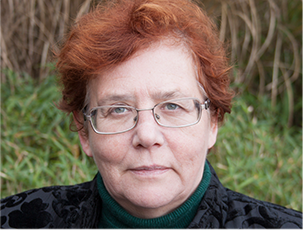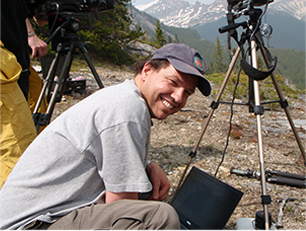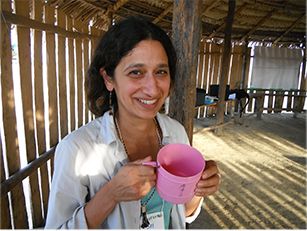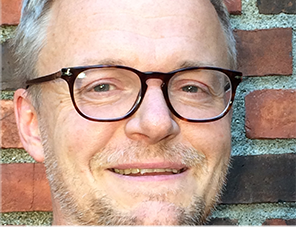Vissia Didin Ardiyani

“Being a parent at the same time is uneasy balance between the ambition I have to be a researcher and for looking after my sons. However, this should not be a barrier to pursue a career as a researcher”
Which area of fire science do you specialise in?
I conducted research on the impact of wildfire smoke exposure during 2018 and 2019 wildfires on DNA adducts and reduced birth weight. My research involved a biomarker detection for the wildfire smoke exposure on mother blood and umbilical cord blood. In addition, I measured air quality during the wildfire seasons, using high volume samplers and low-cost sensors.
What do you like about working in fire science?
I enjoyed working in the field when my team and I collected data and when I worked in a laboratory for the biomarker detection. During the time of data collection, I dealt with citizens and local government. Although I encountered various challenging moments when I engaged with them, the process of the data collection was enjoyable as I learnt how to persuade people to participate in my research and I led a team to assist me in gathering data.
What challenges have you faced in getting to where you are now?
Culture belief and rejection from public servants. Rejection was a common challenge that I encountered during the data collection. For instance, in Indonesian tradition, mothers take care of their newborn umbilical cord after falling off. They sew it into a fabric bag and bury it in the ground. This tradition has a meaning that it ensures long life, and the umbilical cord represents a connection between the prenatal life and post-natal life. Since I collected cord blood from participants, some of them believed that harmful effects on their babies would happen if they gave the cord blood to us. Therefore, they refused to donate the umbilical cord blood. There was plenty of time when I caught the cord blood, but I did not get it since the mothers forgot to text us (my team and I). In some cases, I succeeded pursuing mothers to dig the cord which had been buried.
Another challenging story came from the field when a team from UK and I measured air quality. A group of citizens observed our activities suspiciously as if we were conducting unpleasant activities to them. Additionally, refusal from some public servants also occurred when I collected secondary data in hospitals and overwhelmingly, I collected the data from register books from 15 clinics and 5 hospitals which were not recorded digitally.
Despite the great number of challenges, it was rewarding since my research project comprehensively investigated the impact of wildfire smoke on human health which is rare in wildfire science.
What do you like to do outside of work?
Apart from my academic work, I like going to a cinema, museum, gallery, exhibition, gym, and travelling outdoor. I try to balance my life with pleasure activities.
Do you have any advice to give women wanting to pursue a career in science?
Reflecting on my experience, becoming a researcher, and being a parent at the same time is uneasy balance between the ambition I have to be a researcher and for looking after my sons. However, this should not be a barrier to pursue a career as a researcher if you have a solid motivation to get involved in making the world a better place.
Vissia Didin Ardiyani is a PhD student at King’s College London
Read about other women in the Centre


